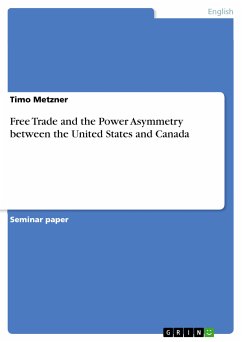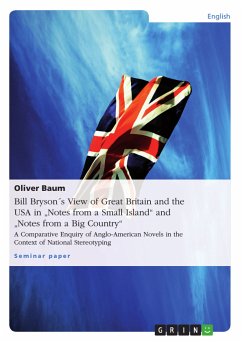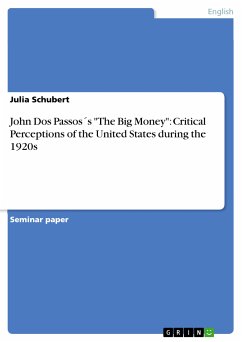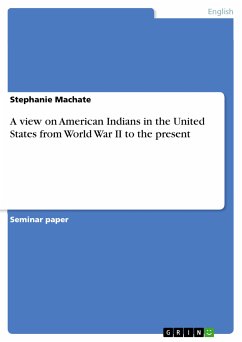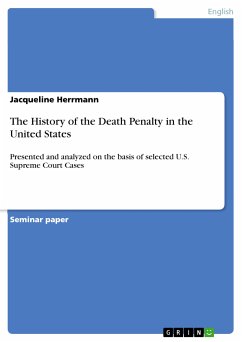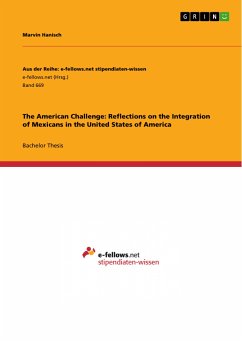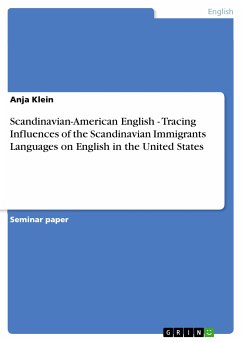Seminar paper from the year 2004 in the subject American Studies - Culture and Applied Geography, grade: 2,0, Free University of Berlin (John-F.-Kennedy-Institut für Nordamerikastudien), course: Proseminar „Politics in North America: A Comparative Perspective“, language: English, abstract: This paper will address the question what strategic goals stood behind the promotion and implementation of free trade between the United States and Canada. The purpose is to evaluate the Canada-U.S. Free Trade Agreement (CUFTA) and the North American Free Trade Agreement (NAFTA) in respect to the objectives of both parties that were not commonly shared in the beginning. It is about the consequences of power imbalance for regional free trade and not about the social costs that are intensively discussed and certainly heavily felt in both countries. Since the view of a power asymmetry that exists between the two countries should be rather uncontested, the central idea of the following text is to examine in detail at which points this has shaped the content of the two agreements. This approach is inspired by the broader question, whose interests free trade serves in general. An important rhetoric strategy of promoters of the neo-liberal agenda is to suggest that the free play of market forces encouraged by such agreements gives all participants the same fair opportunities to engage in trade without intervention from governments. Consequently, all members of the distinct community will benefit from freer trade. For it is rather clear that power and national interests always play a role in politics – in this case in the processes leading to free trade agreements – it shall be demonstrated how this works in particular.

